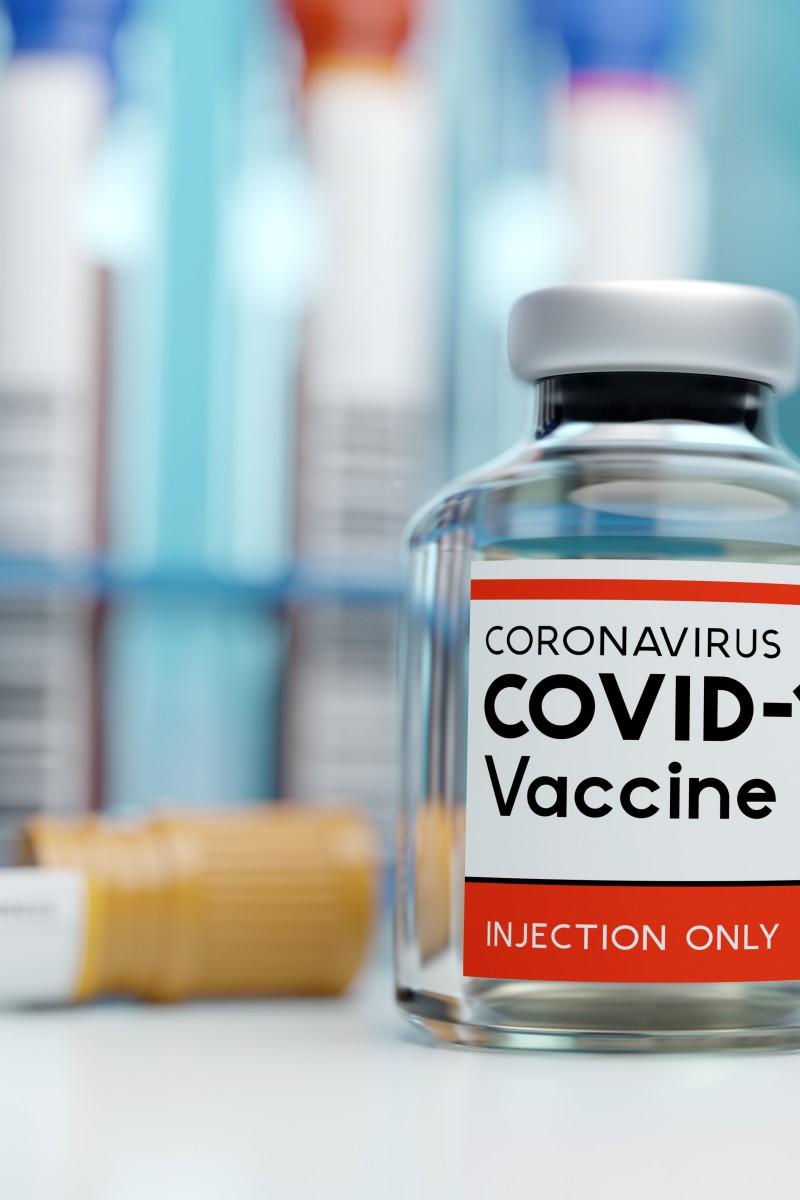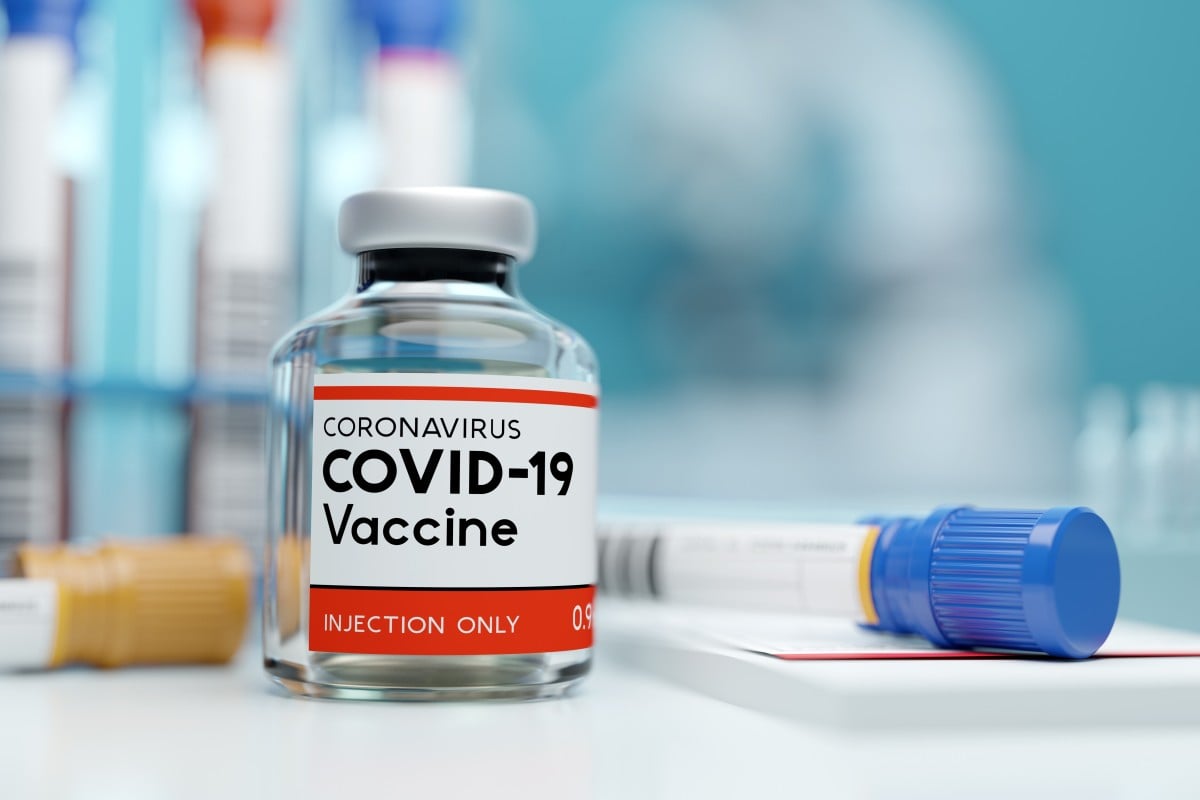
What you need to know about the Covid-19 vaccine coming to Hong Kong
- The government has promised everyone free coronavirus shots in the coming year; why are they important and what will they do?
- More than 80 million people worldwide have been infected with the virus
 Here's vaccine 101 for anyone who is clueless about what they do.
Here's vaccine 101 for anyone who is clueless about what they do.Hongkongers can look forward to free Covid-19 vaccinations beginning at the end of January. Not everyone is thrilled by the idea, however.
Here’s a short breakdown of what you need to know.
What is a vaccine?
A vaccine is medicine that is specifically aimed at getting humans, or animals, to produce antibodies that will fight off a particular disease.
Wait, what is an antibody, exactly?
An antibody is a protein that your body makes to stop an invasion of a foreign substance, like diseases or poisons. But, antibodies are specific to the "invaders" they fight. They attach themselves to the invade like a lock to the very specific key the virus uses to invade cells.
Won’t my body make antibodies when it needs to?
Yes it will, when it knows what "lock" to make. If the disease strikes and the body does not have antibodies, it’s like going into an exam without opening a book beforehand.
A vaccine can give your body a “cheat”, meaning it will already know what kind of antibodies to make to fight a disease, instead of taking extra time to figure it out on its own. This extra time can make all the difference between feeling slightly sick and death.
What's an mRNA vaccine?
That's like magic. While other vaccines deliver a bit of the virus, either a teeny bit of live or some deactivated virus, these vaccines just deliver the cheat code. mRNA stands for "messenger Ribose Nucleic Acid" and that's just what it is. The messenger hands over the cheat code, so your body can make the antibodies with the exact lock to stop the virus. Then, once your body has learned exactly which lock to make, it destroys the message and gets rid of it.
Hong Kong purchases vaccines for all residents
Can the vaccine make you sick?
It can, but it is not very likely. If you have any allergies, then tell the person who is due to give you the vaccine. Usually, vaccines take a very long time to be ready to be used by the public. They have to show that they are safe. They have to show that they work. Then they have to show that they work for everyone: old, young, Asian, European, African and so forth.
Why are we in a hurry to get the vaccine?
Because the world is in a state of emergency, and having a vaccine will give us a chance to save potentially millions of lives. While close to 80 million people have already been infected with Covid-19, there are 7.5 billion that have not.
At the moment, all we can do to keep ourselves safe from Covid-19 is hide. Well, it’s a bit more complicated – we can hide our faces with masks and hide ourselves from others by not going out of our homes. But this means that many businesses will go bankrupt, and billions of people will be without a job. With more people out of work, fewer will spend money and more businesses will fail. It’s a vicious cycle.
Also, as people who supply us with food – farmers, pickers, packers, and transporters – are not wealthy and healthy and often lack access to basic healthcare, it is quite possible that these people will become ill and unable to work, threating the world’s food supply.
This is already happening in poor countries around the world.
Isn’t there a cure?
As of right now, there is no one cure for coronavirus. Certain drugs work better than others at fighting it, but they are expensive and they are not 100 per cent effective. So, it comes down to money. People who can afford good health care have a better chance of surviving than those who cannot.
